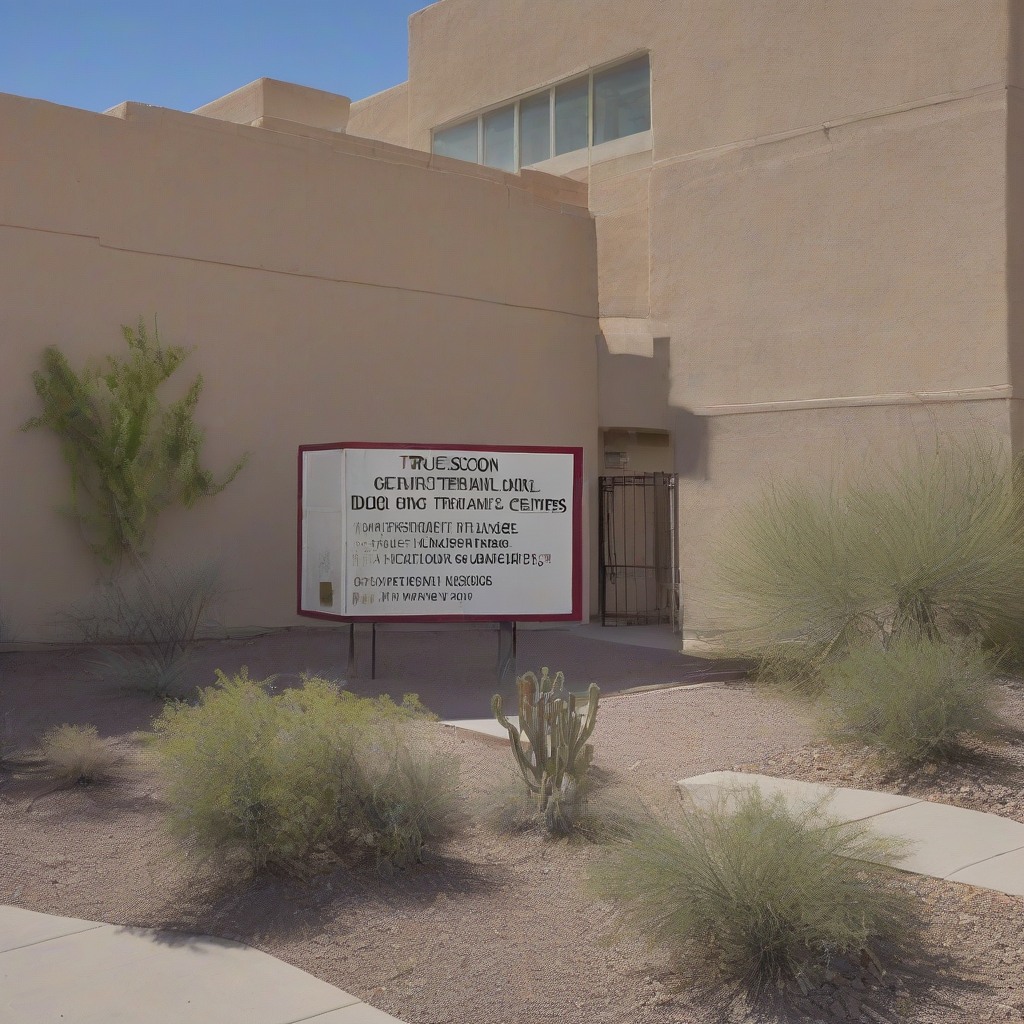Tucson’s Drug Treatment Centers: A Comprehensive Guide to Recovery Resources
Tucson, Arizona, offers a diverse range of drug treatment centers catering to individuals struggling with substance abuse. This guide provides an overview of the types of treatment available, factors to consider when choosing a center, and resources for finding appropriate care.
Types of Drug Treatment Centers in Tucson
Tucson’s treatment landscape includes various facilities offering different levels of care and specialized programs. Understanding these options is crucial for making an informed decision.
- Inpatient Treatment: Inpatient centers provide 24/7 care in a residential setting. This immersive approach allows for intensive therapy, medical monitoring, and a structured environment conducive to recovery. Inpatient programs often last several weeks or months, depending on the individual’s needs.
- Outpatient Treatment: Outpatient programs offer flexibility, allowing individuals to continue living at home while attending therapy sessions and other treatment activities. This option is suitable for those with stable living situations and strong support systems. The intensity of outpatient programs varies, ranging from a few sessions per week to more intensive day programs.
- Partial Hospitalization Programs (PHP): PHP programs are a step-down from inpatient care, providing a structured day program with intensive therapy and medical monitoring. Individuals return home in the evenings, offering a balance between the intensity of inpatient care and the flexibility of outpatient treatment.
- Intensive Outpatient Programs (IOP): IOPs are a less intensive version of PHP, offering therapy and other treatment activities for a set number of hours per week. This option is suitable for individuals who need more support than traditional outpatient treatment but don’t require the intensity of PHP.
- Medication-Assisted Treatment (MAT): MAT combines medication with behavioral therapies to treat substance use disorders. Medications can help manage withdrawal symptoms, reduce cravings, and prevent relapse. MAT is often used in conjunction with other treatment modalities.
- Specialized Programs: Many Tucson centers offer specialized programs catering to specific populations or substance use disorders. These might include programs for:
- Opioid addiction
- Alcohol addiction
- Co-occurring disorders (mental health and substance abuse)
- Young adults
- Women
Factors to Consider When Choosing a Drug Treatment Center
Selecting the right treatment center is a critical decision. Consider these factors:
- Accreditation and Licensing: Ensure the center is accredited by a reputable organization and licensed by the state of Arizona. This ensures adherence to quality standards and patient safety.
- Treatment Modalities: Consider the types of therapy offered, such as cognitive behavioral therapy (CBT), dialectical behavior therapy (DBT), and motivational interviewing. Choose a center that uses evidence-based treatments aligned with your needs.
- Level of Care: Determine the appropriate level of care based on the severity of your addiction and personal circumstances. Inpatient treatment is often necessary for severe addiction, while outpatient treatment might be suitable for milder cases.
- Insurance Coverage: Verify your insurance coverage before choosing a center. Many centers accept various insurance plans, but it’s essential to understand your benefits and potential out-of-pocket costs.
- Location and Amenities: Consider the center’s location and whether it offers amenities that would enhance your comfort and recovery, such as comfortable accommodations, recreational activities, and family support programs.
- Staff Qualifications: Ensure the center employs qualified and experienced professionals, including licensed therapists, counselors, and medical personnel. Research the staff’s credentials and experience.
- Aftercare Planning: A successful recovery often involves a comprehensive aftercare plan. Inquire about the center’s aftercare services, such as support groups, sober living environments, and ongoing therapy.
- Client Testimonials and Reviews: Read online reviews and testimonials from former clients to gain insights into their experiences with the center. Consider both positive and negative feedback when making your decision.
Resources for Finding Drug Treatment Centers in Tucson
Several resources can help you find appropriate drug treatment centers in Tucson:
- Substance Abuse and Mental Health Services Administration (SAMHSA): SAMHSA’s National Helpline (1-800-662-HELP) provides confidential assistance in finding treatment facilities.
- Arizona Department of Health Services (ADHS): ADHS offers resources and information on substance abuse treatment programs in Arizona.
- Your Insurance Provider: Contact your insurance provider to obtain a list of in-network drug treatment centers.
- Online Directories: Several online directories list drug treatment centers, such as those provided by the National Institute on Drug Abuse (NIDA).
- Local Hospitals and Healthcare Providers: Your primary care physician or local hospital can refer you to appropriate treatment centers.
- Community Organizations: Many community organizations offer support and referrals for individuals struggling with substance abuse.
Understanding the Recovery Process
Recovery from substance abuse is a journey, not a destination. It involves various stages and requires commitment and support. Understanding the process can help individuals and their families navigate the challenges involved.
- Detoxification: This initial phase involves medically managing withdrawal symptoms. Detoxification is often done in an inpatient setting and may involve medication to ease discomfort.
- Therapy and Counseling: Therapy plays a crucial role in addressing underlying issues contributing to substance abuse and developing coping mechanisms for relapse prevention.
- Support Groups: Support groups, such as Alcoholics Anonymous (AA) and Narcotics Anonymous (NA), provide a sense of community and shared experience for individuals in recovery.
- Relapse Prevention Planning: Developing a relapse prevention plan is essential for long-term recovery. This involves identifying triggers, developing coping strategies, and establishing a strong support network.
- Aftercare and Continued Support: Ongoing support is vital for maintaining sobriety after completing treatment. This may include ongoing therapy, support groups, and participation in sober living environments.
The Importance of Seeking Help
If you or someone you know is struggling with substance abuse, seeking help is crucial. Drug treatment centers in Tucson offer a range of services to support recovery and improve quality of life. Don’t hesitate to reach out for help; recovery is possible.

